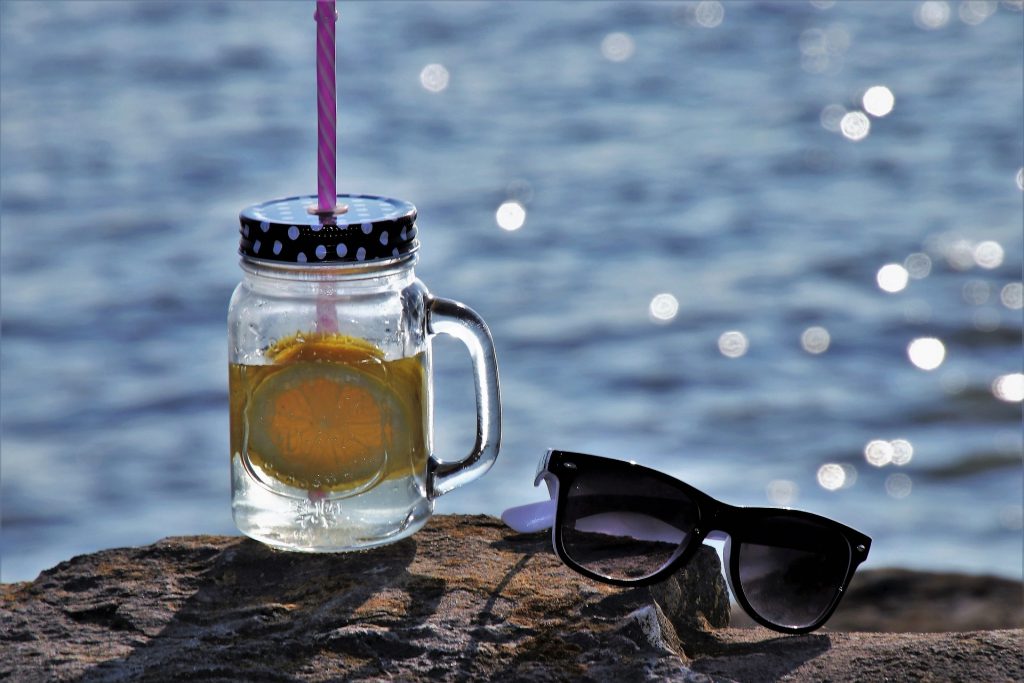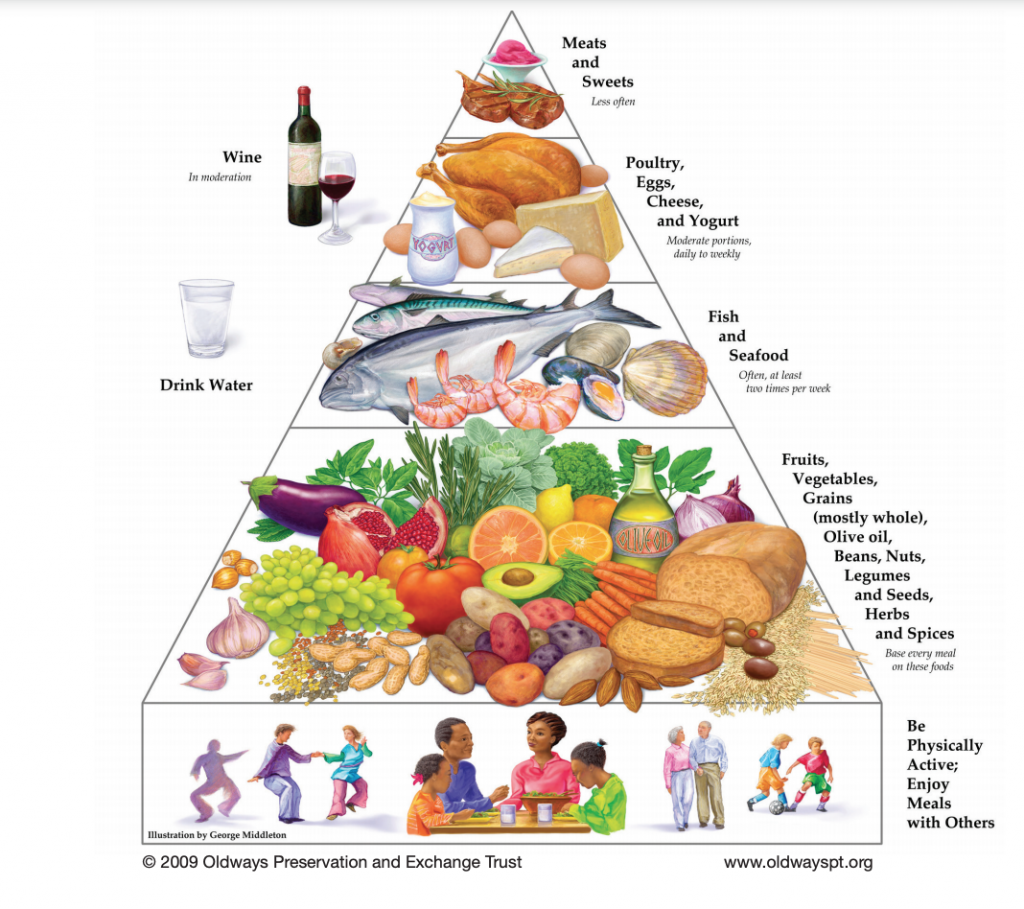Detox diet, fasting & co – debunked
A lovely ice cream – is it full of toxins? And what are the toxins we should “detox” from? Why do we go through really hard crash diets, fall in love with the latest food fashion, or try difficult things like fasting ? After holiday season, we often want to lose weight and feel fit. Here are some common misconceptions and some suggestions for long lasting results.
The real truth about diets
An interview about the ideal nutrition with Sofia Bronzato, surgeon and nutritionist, sums up the reason why we try crash diets or want to detox, the way we’ve seen on social media or heard it’s the latest miracle: we want to solve a problem quickly, rather than changing habits for a lifetime, and working a little bit every day. However, that’s the way to go. And here are some of the things not to believe, according to the nutritionist.
Water and lemon every morning
Many of us drink warm water and lemon every morning before eating, thinking that this helps us to purify our body or lose weight. Dr. Bronzato answers that citric acid on an empty stomach can actually demineralise dental enamel, affect stomach acidity and has no effect whatsoever on metabolism. Even though drinking water is always good, water and lemon don’t have a particular detoxing effect.
Fasting
When asked what’s her opinion about fasting, dr. Bronzato answers:
It has been proven in different studies that fasting doesn’t have a stronger effect than a low-calories diets on weight loss. Most studies about fasting are short term (they don’t investigate the effects for longer than 6 months) because people give up. Fasting is dangerous because it makes us live in a constant “on” and “off”mode: I eat normally/I don’t eat at all. It’s an excessively controlled way of thinking that doesn’t favour a state of well being. It became fashionable on social media because people tend to look for short-term solutions, hoping to have immediate results.
Eliminating all sugar
Sugar isn’t toxic and doesn’t provoke cancer (as we sometimes read). We all need a moderate amount of sugar, about 15% of the energy we need daily. We should get most of it from dairy products and fruits. Of course we need to limit added sugar, like for example in soft drinks, sweets, desserts, fruit juices. If this type of sugar is consumed, then we should limit it to 5-10% of the daily energy. No serious diet says to eliminate every type of sugar.
Herbal teas and infusions
If we claim that something is “detoxing”, we need to prove with serious studies that it has en effect, on what, in which quantity and under which circumstances. There is no scientific proof that herbal infusions have “purifying” effects, and no science-based diet suggests to drink them to detox. Our body, and in particular our kidneys, liver, and lymphatic system, is very well equipped to clean and “purify”. Hydrating is always good, so herbal teas can for sure be consumed without any counter indication.
Detoxing
Out body is much stronger than we think and can defend itself well. We often speak of toxic food, toxic relationships, toxic effects of social media etc. Probably, the idea of detoxing comes also from a psychological issue, or lack of satisfaction. During the holiday season we tend to eat more than usual, but that doesn’t mean the food we eat is “toxic”. Lack of movement, alcohol, excess of animal protein and lack of fibres are more toxic than eating a bit too much, especially if we did that only for a limited number of days.
Losing weight, the long-lasting way
If we do want to lose weight, we need to make small changes a habit, and take our time to go back to our ideal shape. Some points to remember:
- Move every day (cleaning, dancing, exercising at home, walking, all in a moderate and regular way)
- After holiday season, eat more vegetables and less animal protein
- Eat more legumes, preferably every day
- Eat in moderate quantity – portion control is key
- Check the Mediterranean diet pyramid for more specific guidelines
MedDiet Pyramid
In 1993, Oldways created the Mediterranean Diet Pyramid – in partnership with the Harvard School of Public Health and the WHO – as a healthier alternative to the USDA’s original food pyramid. Today, the Mediterranean Diet is more popular than ever, with new research every month documenting its benefits.
Starting at the base of the pyramid, you’ll find an emphasis on activity and social connections. Moving upward, you’ll see the core foods that you’ll shop for and enjoy every day: whole grains, fruits, vegetables, beans, herbs, spices, nuts and healthy fats such as olive oil. Fish and seafood are typically eaten at least twice a week, and dairy foods – especially fermented dairy like yogurt and traditional cheese – are eaten frequently in moderate portions. Eggs and occasional poultry are also part of the Mediterranean Diet, but red meat and sweets are rarely eaten. Water, and wine (for those who drink) are typical beverages.










